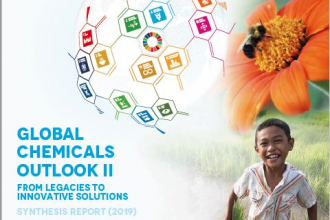Call For Papers | Seventh GGKP Annual Conference on "Achieving Global Energy Transformation"
The Global Green Growth Institute ( GGGI ) and the Green Growth Knowledge Platform ( GGKP ) have issued a Call for Papers for the Seventh GGKP Annual Conference ( #GGKP7 ). The conference will focus…

